-
3박 4일 '필리버스터 대치' 끝…내란재판부 놓고 곧 재격돌재생
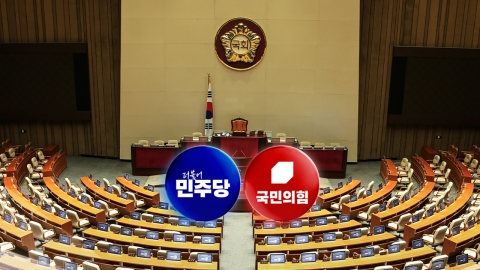
- "통일교·민중기 쌍특검" 압박…민주 "판 키우기"
- 대통령실 "이 대통령, 환단고기 관련 주장에 동의·연구 지시한 것 아냐"
- 대통령실 고위직 평균 부동산 20.3억…"29%가량 다주택자"
-
'건진' 점 찍고 '신세' 강조…통일교의 '어프로치'재생
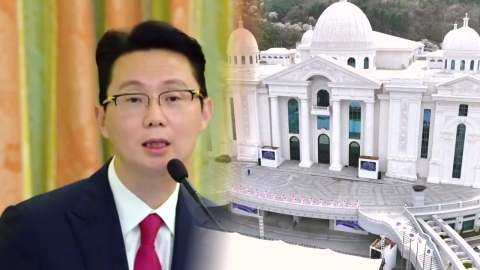
-
통일교에서 정치권 접촉 업무를 주로 맡았던 윤영호 전 세계본부장은 이런 과정을 '어프로치'라고 표현했습니다. 윤 전 본부장과 당시 통일교 간부의 통화 녹취에는 접근 대상을 선별하고, 통일교에 신세를 지도록 유도해야 한다는 등, 체계적이고 조직적인 작업을 벌인 것으로 보이는 정황이 담겼습니다. 이준엽 기자가 보도합니다. [기자] 통일교 고위 간부들 사이 통화 녹취록에는 윤영호 전 세계본부장이 거론한 정치권 '어프로치' 방법이 고스란히 담겼습니다. 먼저 윤 전 본부장은 20대 대선을 앞두고 여야 양측 후보의 주변 인물을 훑으며, 수시로 평가하고 전략을 수립했습니다. "임종성 의원이나 김규환 의원은 곁다리다"라거나, "여권은 이재명 후보가 아니라 정부와 민주당이 버티고 있다"라고 말하는 모습에선 우선순위를 철저히 따지는 모습이 드러납니다. 당시의 야권에서는 '건진 법사' 전성배 씨를 점 찍은 대목도 등장하는데, 윤석열 당시 후보가 전 씨 절에는 큰절하고 들어갔었다며 영향력을 치켜세우는 내용입니다. 우선순위를 따지고 나서는, '신세'를 거듭 강조합니다. 윤 전 본부장은 미국 주요 인사와 후보 만남을 추진하는 방안을 논의하면서 40만달러든 50만달러든 우리가 후원한다고 치고 비디오 메시지를 하나 해달라는 것으로 정리하자고 말합니다. 그러면서 그건 처리를 해줘야 끈끈해지고 보험을 드는 거라고 언급합니다. 신세는 여야 막론하고 몇 명이든 지게끔 해야 한다고 강조하기도 합니다. 이미 기소된 건진 법사 사례에서 보듯 통일교가 정치권 포섭을 지속적으로 시도해온 정황으로 보이는데, 정치권과의 접촉만으로 불법이라 단정할 수는 없는 만큼 향후 수사에서는 '신세를 지게 해야 한다'는 윤 전 본부장 발언의 구체적인 실체를 밝히는 게 관건일 것으로 보입니다. YTN 이준엽입니다. 영상편집 : 김현준 디자인;정민정 ※ '당신의 제보가 뉴스가 됩니다' [카카오톡] YTN 검색해 채널 추가 [전화] 02-398-8585 [메일] social@ytn.co.kr
-
'일자리밖' 2030 세대 160만 명…여윳돈마저 감소세재생
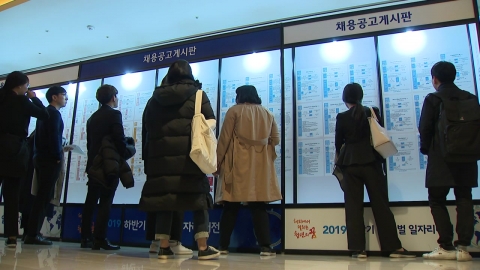
-
일자리가 없어 취직을 준비하거나 그냥 쉬고 있는 이른바 '일자리 밖' 청년이 160만 명에 달하는 것으로 조사됐습니다. 소득이 정체된 사이 주거비 등 지출은 늘면서 2030 세대의 생활은 더욱 팍팍해졌습니다. 김태민 기자의 보도입니다. [기자] 일자리 밖으로 밀려난 청년세대가 꾸준히 늘면서 사회 문제로 떠오르고 있습니다. 지난달 기준 20·30세대 가운데 일자리가 없는 청년은 158만 9천 명으로 12.7%에 달해, 코로나 시기였던 지난 2021년 이후 4년 만에 최대 수준을 기록했습니다. 세부 항목을 보면 20·30 세대 중 '실업자'가 35만 9천 명, 취업 준비자는 51만 명을 차지했습니다. 특히 별다른 구직 활동 없이 '쉬었다'는 응답자는 71만 9천 명으로 지난 2003년 통계집계 이래 최대를 기록했습니다. 대규모 공채 대신 수시·경력채용이 활성화되면서 20대 첫 취업이 늦어지고 그 여파가 30대까지 번지는 모습입니다. [공 미 숙 / 국가데이터처 사회통계국장 : (15~29세) 청년층은 고용률이 지금 19개월 연속 하락이어서 청년층 고용은 지금 좋지 않은 상황이다, 이렇게 볼 수 있겠습니다.] 이런 가운데 소득보다 지출이 더 빠르게 늘면서 청년층 생활은 더욱 어려워지고 있습니다. 올해 3분기 기준 39세 이하 가구주 소득에서 지출을 뺀 월평균 흑자액은 124만 3천 원으로 3년 만에 처음 감소세를 기록했습니다. 월평균 소득은 503만 6천 원으로 물가상승률에 못 미치는 '소폭 증가'에 그친 반면, 주거비와 이자비용 등은 크게 뛰어오르면서 부담을 키웠습니다. 소득 기반이 취약한 청년층의 여윳돈이 줄면 자산 형성이 늦어지고 소비가 위축돼, 우리 경제 활력은 점점 떨어질 수밖에 없습니다. 정부가 구직에 나서지 않는 청년들을 위한 맞춤형 지원 방안을 내놓겠다고 밝힌 가운데 주거와 금융 분야에서도 관련 대책이 필요할 것으로 보입니다. YTN 김태민입니다. 영상편집 : 정치윤 디자인 : 정민정 ※ '당신의 제보가 뉴스가 됩니다' [카카오톡] YTN 검색해 채널 추가 [전화] 02-398-8585 [메일] social@ytn.co.kr





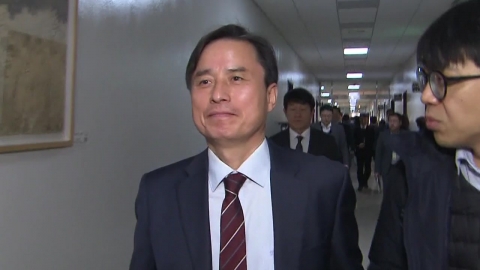
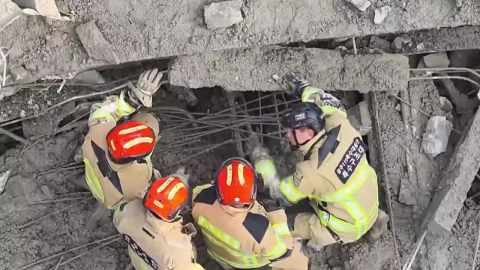
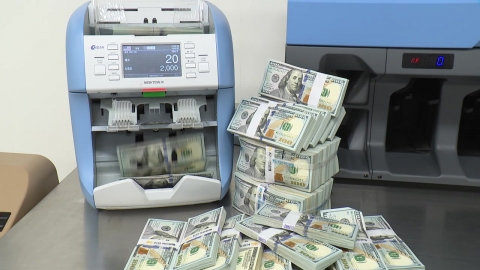


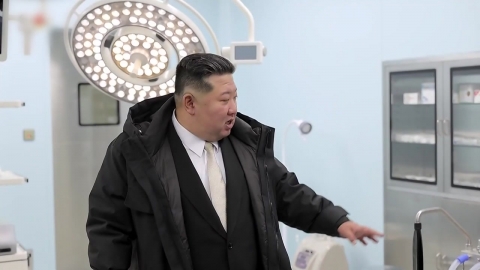
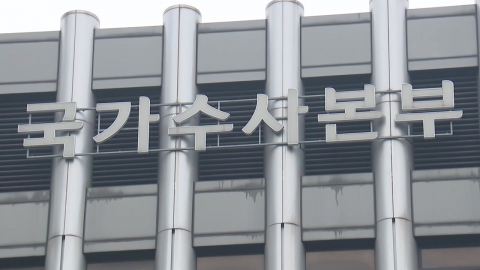
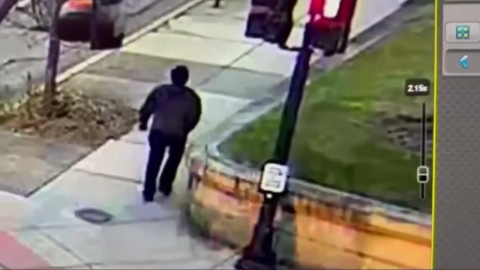
![[날씨] 호남·제주 눈비, 내일 아침까지 반짝 추위…출근길 서울 -3℃](https://image.ytn.co.kr/general/jpg/2025/1214/202512141616187874_h.jpg)
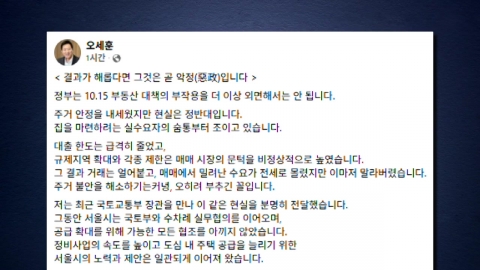
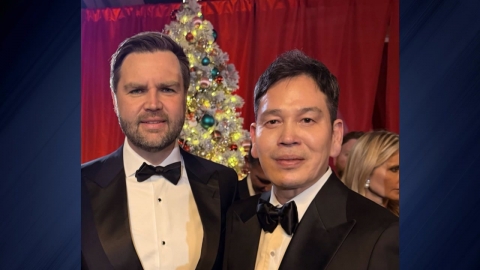
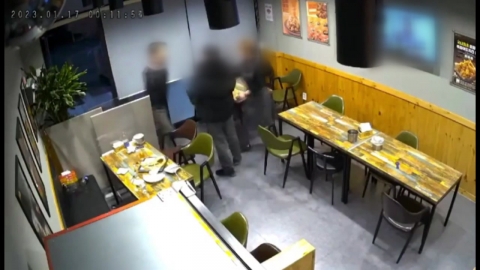
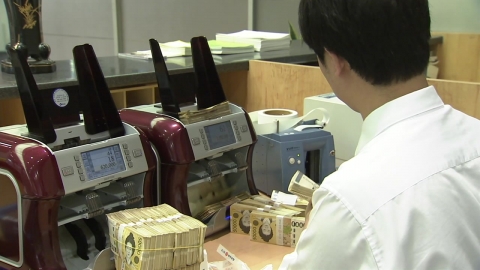
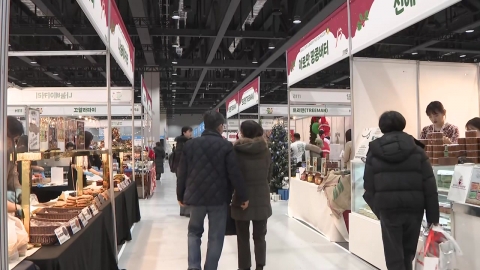




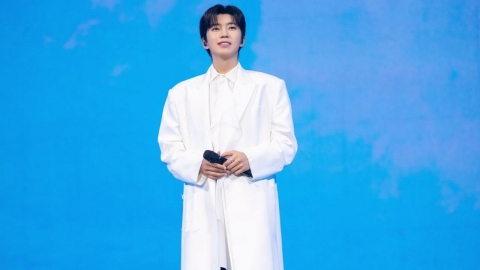
![[Y터뷰] 지창욱 "늘 이번이 마지막 액션 연기란 생각..한 장면만 5일 촬영"](https://image.ytn.co.kr/general/jpg/2025/1212/202512120800012034_h.jpg)





